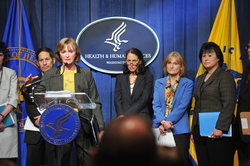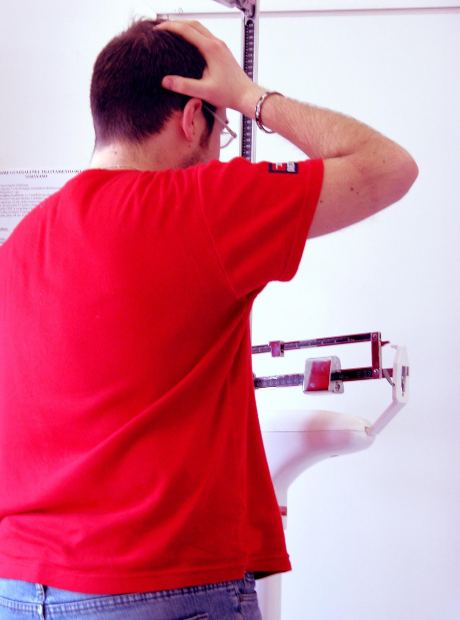MARCH 2003 - Most hospital report cards created by employer groups do not improve quality care, according to a new report.
The report cards, which grade and compare a community's hospitals based on factors like hospital deaths and the average length of hospital stays, are becoming more popular despite their mixed success, say Ateev Mehrotra, M.D., M.P.H., of the Harvard School of Medicine and colleagues.
"Although this trend is still in its infancy, our analysis found that only a few existing report cards have stimulated quality improvement. However, those that were successful demonstrate their potential impact," Mehrotra says.
Unsuccessful report cards may fail because hospitals and employer groups do not agree on how to measure quality care, whether to release the report cards publicly and what the ultimate goal of the cards should be, say the researchers.
Mehrotra and colleagues interviewed leaders of the employer coalitions who created report cards and hospital representatives in 11 communities to find out what effect, if any, the cards had on quality care. The communities ranged from metropolitan areas like Seattle to larger rural areas like northern Alabama.
The report suggests that hospitals and employer groups distrust each other's motives regarding the report cards. In particular, hospitals often suspect that quality initiatives recommended by the report cards are really about cost and object to using billing data to measure quality.
Continue Reading Below ↓↓↓
"Severe differences in opinion in some communities translated into a lack of faith in the report card and a refusal by hospitals to use the data," says Mehrotra.
He notes that most successful report cards - those that prompted or increased the hospital's interest in quality improvements - used information other than billing data in their analysis. These data could include the results of patient satisfaction surveys and process measures, like how many heart attack patients received aspirin as part of their treatment.
Hospitals and employer groups also disagreed on whether to release the report card data publicly. But even in communities where the cards were released publicly with intense media coverage, consumers' interest in the cards soon waned, say the researchers.
Mehrotra and colleagues say that hospitals and employers groups need to improve their collaboration and agree on quality measures to make the report cards more useful. They also suggest that some kind of financial incentive will be necessary to repay hospitals for the money they invest in quality care improvements.
The communities in the study include Seattle; Cleveland; Indianapolis; Buffalo, N.Y.; Orlando, Fla.; Memphis, Tenn.; Detroit; northern Alabama; eastern Tennessee; Maine; and south central Wisconsin.
The study appears in the March-April 2003 issue of Health Affairs and was supported by the Robert Wood Johnson Foundation.
Source: Center for the Advancement of Health










